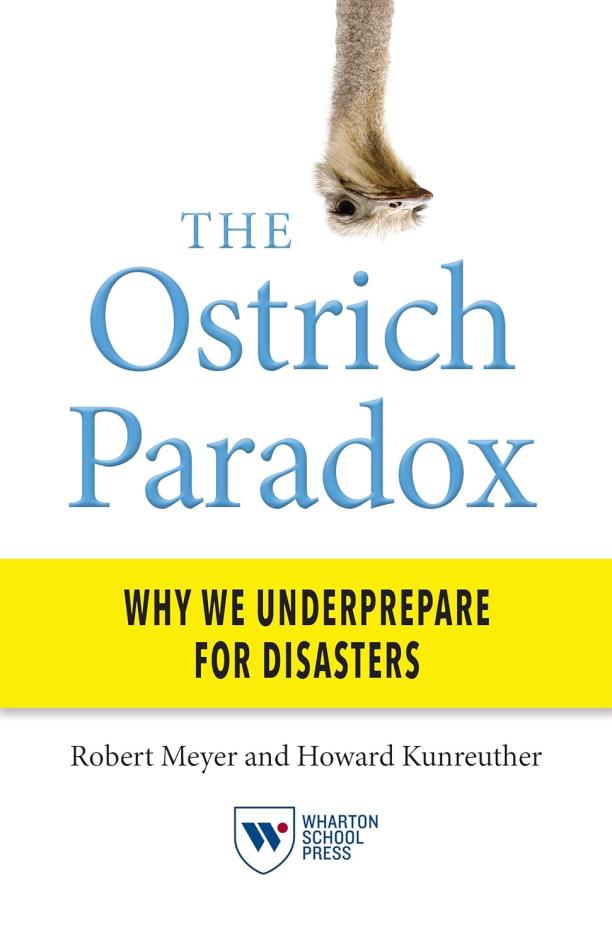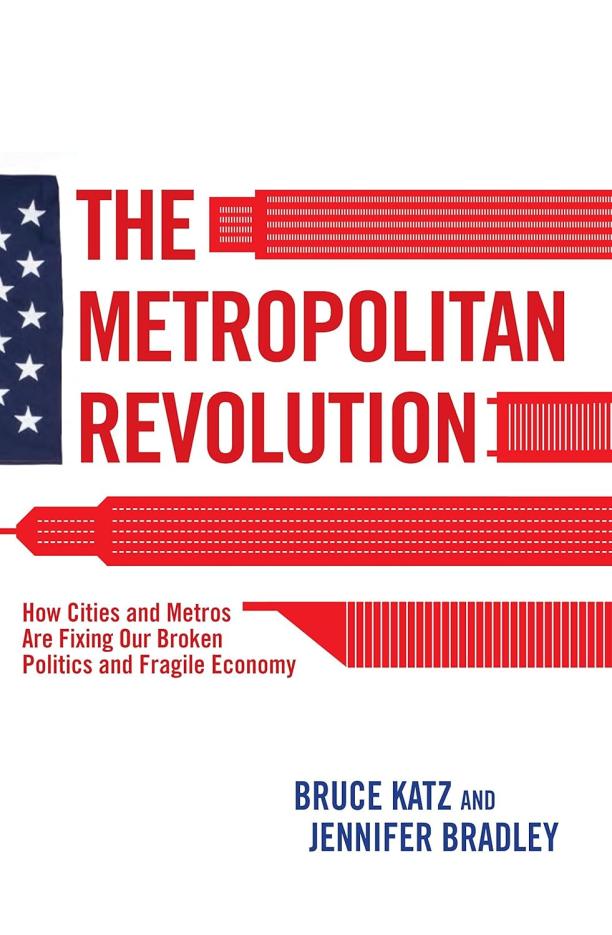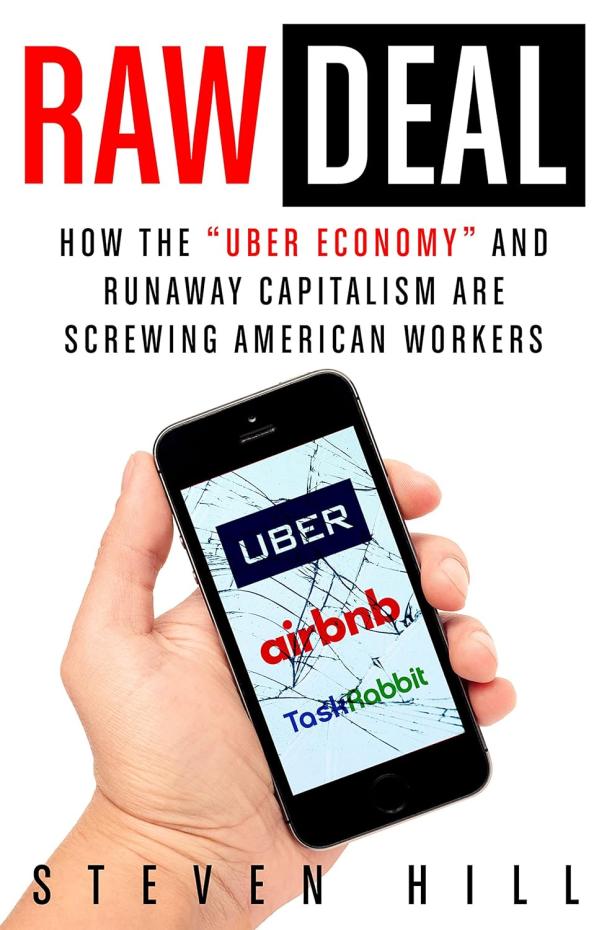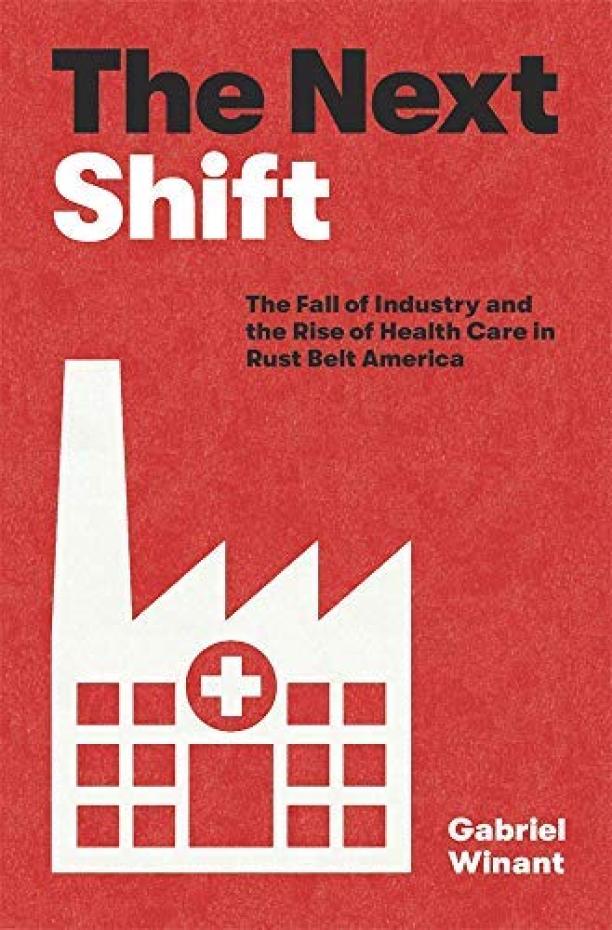Summaries of books about Sociology:

Innovation and Its Enemies
Why People Resist New Technologies
Calestous Juma
The book examines the history and reasons behind resistance to new technologies, exploring how such opposition is often rooted in the fear of economic and social disruption. It presents case studies across different eras and industries, highlighting the complex interplay between innovation, public perception, and regulatory challenges.
See full summary

Erasing Institutional Bias
How to Create Systemic Change for Organizational Inclusion
Tiffany Jana|Ashley Diaz Mejias
The book provides a comprehensive guide to identifying and eliminating biases within organizations, offering practical tools and strategies for fostering an inclusive workplace culture. It explores various types of institutional biases, their impacts, and how leaders can implement systemic changes to promote equity and diversity.
See full summary

The Ostrich Paradox
Why We Underprepare for Disasters
Robert Meyer|Howard Kunreuther
The book explores the cognitive biases and decision-making processes that lead individuals and organizations to neglect preparations for predictable disasters. It presents six key reasons for this lack of preparedness and offers strategies for overcoming these psychological barriers to better anticipate and mitigate the impacts of catastrophic events.
See full summary

The Metropolitan Revolution
How Cities and Metros Are Fixing Our Broken Politics and Fragile Economy
Bruce Katz, Jennifer Bradley
The book explores the emerging trend of city and metropolitan leaders taking the initiative to solve critical economic and policy issues in the United States, stepping in where the federal government has been ineffective. It provides case studies and analysis of how these local efforts are driving innovation, infrastructure investment, and economic development in an era of political gridlock and economic uncertainty.
See full summary

Foolproof
Why Safety Can Be Dangerous and How Danger Makes Us Safe
Greg Ip
The book explores the paradox of safety measures in various domains, arguing that increased safety can lead to riskier behavior and unforeseen hazards. It examines historical and contemporary examples across finance, aviation, and other industries to illustrate how the pursuit of safety can sometimes lead to greater danger.
See full summary

Raw Deal
How the "Uber Economy" and Runaway Capitalism Are Screwing American Workers
Steven Hill
The book critically examines the rise of the gig economy, exemplified by companies like Uber and Airbnb, highlighting the precarious nature of jobs and the erosion of worker protections and benefits. It discusses the impact of this economic shift on labor rights, income inequality, and the social safety net, arguing for policy changes to ensure fair treatment and security for workers.
See full summary

Soccernomics
Why European Men and American Women Win and Billionaire Owners Are Destined to Lose
Simon Kuper|Stefan Szymanski
The book applies economic and statistical analysis to debunk myths and explore patterns within the world of soccer, examining factors that lead to success in international competitions and the inefficiencies of club spending. It also investigates the reasons behind the dominance of European men's teams and American women's teams, while critiquing the business models of wealthy club owners.
See full summary

It's Time to Talk
How to Have Constructive Conversations About Race, Class, Sexuality, Ability & Gender in a Polarized World
Anatasia S. Kim|Alicia del Prado
The book provides guidance on engaging in meaningful and respectful conversations about sensitive topics such as race, class, sexuality, ability, and gender. It offers practical strategies for listening, understanding different perspectives, and fostering empathy in discussions within a highly polarized society.
See full summary

Megaprojects and Risk
An Anatomy of Ambition
Bent Flyvbjerg|Nils Bruzelius|Werner Rothengatter
The book analyzes the patterns of cost overruns, schedule delays, and benefit shortfalls that frequently plague large-scale infrastructure projects. It provides case studies and statistical evidence to argue that project promoters often underestimate risks and costs, leading to significant economic consequences and policy implications.
See full summary

The Next Shift
The Fall of Industry and the Rise of Health Care in Rust Belt America
Gabriel Winant
The book examines the economic and social transformation of the American Rust Belt, focusing on how the decline of manufacturing jobs gave rise to the health care sector as the dominant employer. It explores the impact of this shift on the working class, including issues of labor, gender, race, and the changing nature of work and community in post-industrial America.
See full summary